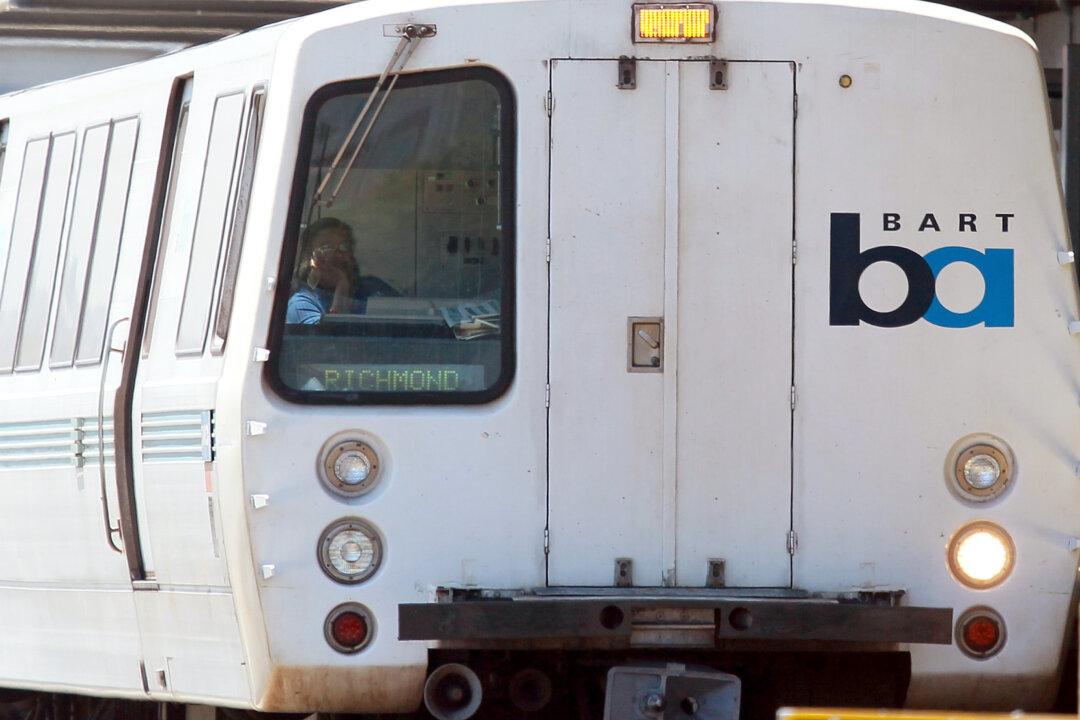Sen. Joni Ernst (R-Iowa) awarded her latest Squeal Award on July 27 to the Federal Transit Administration (FTA) for sending hundreds of millions of tax dollars to a project to extend San Francisco’s public transit system to Silicon Valley in California’s Santa Clara Valley.
“Democrats attempted to earmark money in the COVID relief package earlier this year for a subway extension from San Francisco to Silicon Valley,” Ernst told reporters during a July 27 news conference. The FTA is part of the Department of Transportation.





